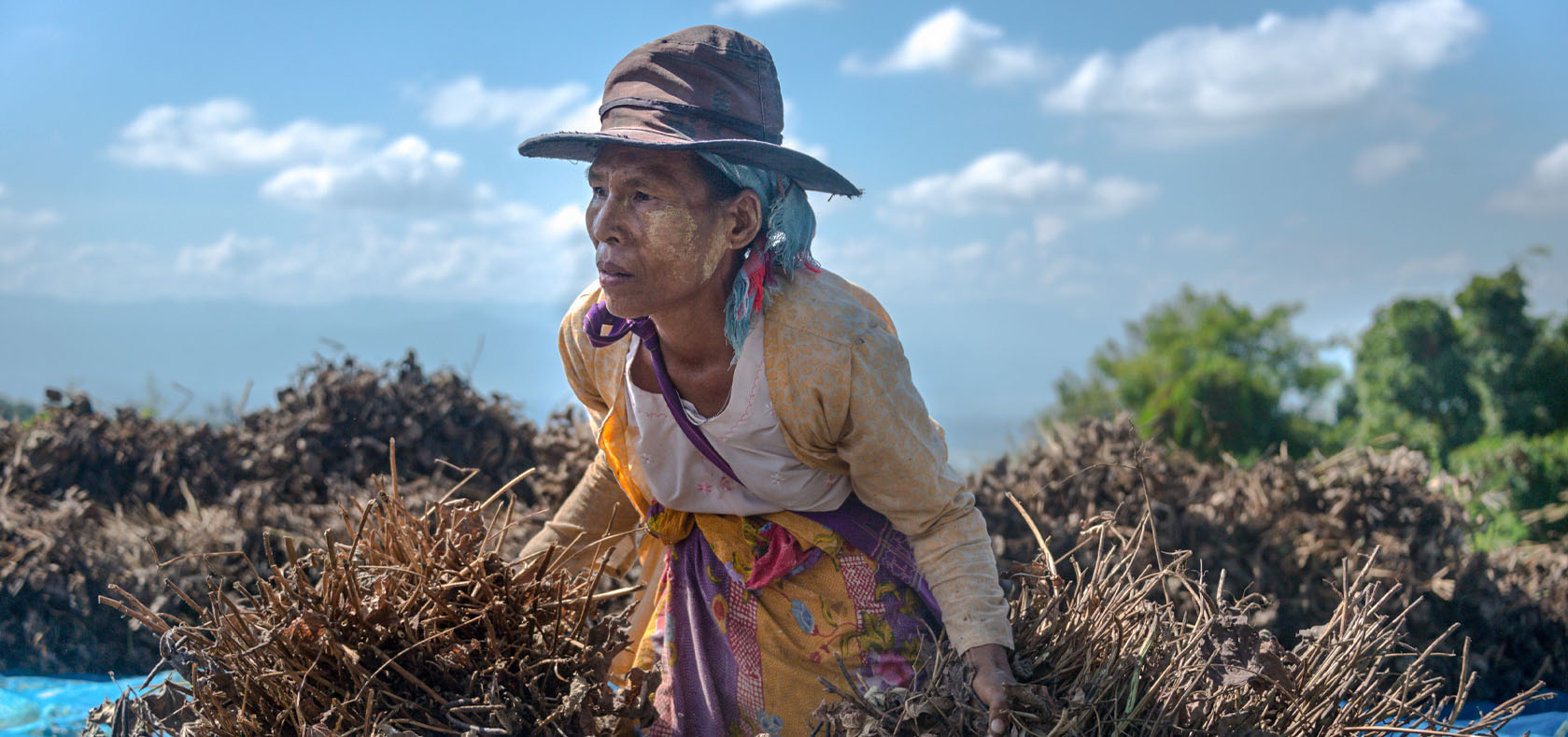Statement of the Regional UN Network on Migration on International Migrants Day 2022
Date:

To mark International Migrants Day, the United Nations Regional Network on Migration for Asia and the Pacific calls for greater attention to and more effective efforts in addressing the nexus between climate change and migration and preventing and resolving missing migrant cases.
Disasters, the adverse effects of climate change, and environmental degradation are increasingly driving migration and displacement in all regions of the world, and particularly in countries with high vulnerability and exposure, and low adaptive capacity.
The Asia Pacific region has, and will continue to be, significantly affected. It is already the region most impacted by disaster displacement, accounting for over three-quarters of the global total between 2010 and 2021.
But this is only part of the picture. Human mobility in the context of climate change takes many forms, from disaster displacement, labour migration and planned relocation. These movements can be temporary, as is the case of seasonal and circular migration, or permanent, such as through planned relocation, and involve an individual, a household or a whole community.
At the same time, it is important to recognize that for many people, deciding to move can be a positive
adaptation strategy. Indeed, many households across the Asia Pacific region already use migration as a strategy to diversify their livelihood options by providing access to new employment opportunities and markets, enabling people to send remittances and facilitating the transfer of knowledge and skills.
Whatever the outcomes may be, we know that as the manifestations of climate change intensify – with increasing incidence of storms, drought, and rising sea-levels across the planet – we can expect more people to be on the move in the future, in some cases, repeatedly.
This is why it is now critically important that governments recognise that human mobility in the context of climate change needs to be translated into adequate policies, finance, and actions.
Another worrying trend is that migrants go missing or die each year along migration routes in the Asia-Pacific region with many more remaining in distress. In 2021, at least 788 people died or disappeared along migratory routes in Asia, with much more unrecorded due to mobility restrictions in place during the COVID-19 pandemic and other data collection challenges. Beyond these numbers are countless families – mother, father, and loved ones – suffering ambiguous loss and endlessly searching for answers. No one should have to suffer the pain of not knowing if their loved ones are alive. The phenomenon of missing migrants has become a major humanitarian and human rights challenge.
Unfortunately, this challenge remains under-addressed. There are no specialized institutional responses to missing migrant cases, and existing official frameworks and mechanisms to search for missing persons in national contexts are not adapted to address the dynamics pertaining to irregular migratory journeys.
The Regional Network urges States to give priority to resolving the cases of missing migrants and take meaningful actions to prevent more lives from loss and uphold their commitment to work towards promoting safe migration under both the Sustainable Development Goals (SDGs) and the Global Compact for Migration (GCM).
The Regional Network encourages States and all stakeholders to:
- address the drivers for irregular migration such as war, violence and disasters that compel people to move underprepared
- make safe and regular migratory routes more accessible to all to prevent migrants from relying on smugglers and resorting to deadly routes
- conduct awareness-raising campaigns to make people who wish to migrate know about the dangers and risks of unsafe and irregular routes, as interviewed survivors often confess that it was when they were on the journey that they realized how bad it really was
- set up transnational mechanisms for the search and rescue of missing migrants including the exchange of information, cooperation with civil societies and mutual notification
- put families of missing migrants at the core by
- providing avenues through which families can register cases of missing persons and obtain information on search efforts, while respecting the right to privacy and protecting personal data
- conduct cross-border cooperation to help families exercise their rights and access services and other support to meet their specific needs
- invest more to collect and make disaggregated data on risks and fatalities along migratory routes, so that policymakers will have the information they need to implement evidence-based migration policies and programmes
The UN Regional Network on Migration stands ready to build on the strong momentum of the 1st International Migration Review Forum and work with all stakeholders to take meaningful actions to provide coordinated responses to current and future migration in the context of disasters, the adverse effects of climate change and environmental degradation, and mobilize efforts to save lives and prevent migrants from going missing.